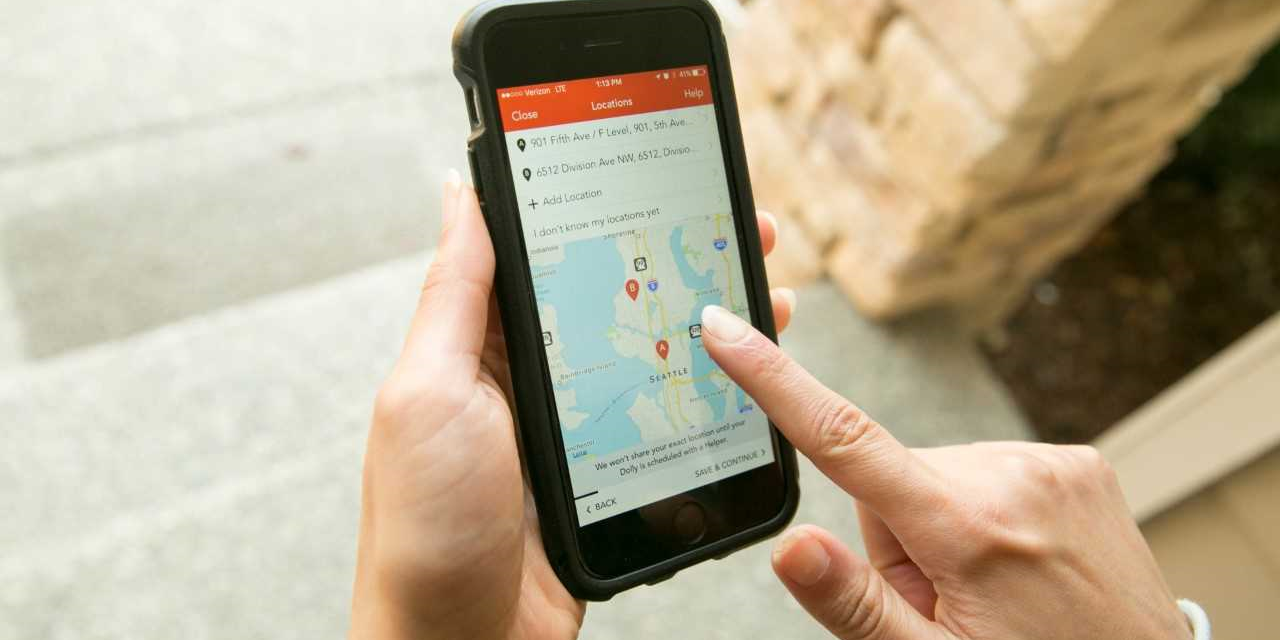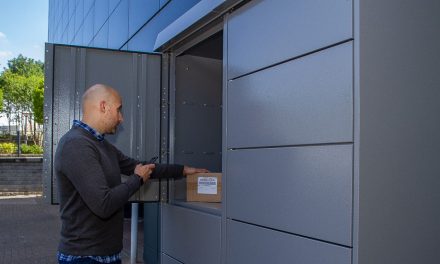
Helping hands

Dolly – the startup which is building a network of independent contractors to help people with their moving and delivery needs – is looking to expand its services into more cities across the US.
The company provides what could be loosely described as a crowdsourced white-glove service, with two options:
- “truck & muscle” – independent contractors will use their own trucks to bring items to the customers’ homes and help with the moving and installation
- “just muscle” – contractors will load/unload trucks and help customers with the “heavy lifting” side of their deliveries or house moves.
In an interview with Post&Parcel, the company’s COO Kristin Smith explained that Dolly’s contractors include both “helpers”, who operate their own trucks and assist with the loading and lifting; and also “hands”, who provide extra labour but don’t have trucks.
Dolly uses a pricing algorithm to set its charge. Smith explained that this takes into account factors such as: the number of items to be delivered/moved; the distance; the time of day; and how many helpers and/or hands will needed.
“We make the pricing as personalized and clear as possible,” said Smith. “The helper and customer each get an up-front view of the price/pay out, and from there, the customer and each available helper decide if they want to proceed.” The app introduces the customer and the helper, and they then coordinate the details of the job.
Dolly launched the service in Chicago in October 2014 and it has since expanded to Boston and Philadelphia on the east coast; Seattle, Portland and San Diego on the west coast; and Denver in Colorado.
Smith said that when Dolly looks to move into a new city it has to be sure that it can replicate the “positive customer experience” – and this requires “a delicate balance of supply and demand”.
Working on the supply side, Dolly recruits contractors through a variety of social media. Craigslist has been a key source, but Dolly also uses Google and Facebook as well as localized services.
“We now have about 5,000 people on the platform, spread across the seven cities,” said Smith. “Most see this as a way of supplementing their income, rather than a full-time occupation. In fact, this works well for everyone because it means that they are often keen to work on weekends or after-hours, and that is when customers can generally be home to receive their deliveries.”
Smith explained that Dolly must first build up its supply base before it can launch in new markets, so its expansion plans have to be managed carefully. Nevertheless, Dolly is looking to be active in about 10/15 US metro areas by the end of this year, and in 30/45 by the end of 2019. Smith anticipates that a move into Canada and perhaps Europe could also be on the cards.
On the demand side, Smith believes that the changing lifestyles of America’s urbanites chime neatly with Dolly’s services. “Increasingly, people are opting to own smaller vehicles, or no car at all,” explained Smith. “So when they need a big vehicle for a move or a delivery, they will turn to Dolly for help.”
Dolly is also seeing an increasing demand from retailers, who see the service as a cost-effective and efficient alternative to running their own delivery operation. As you would expect, Dolly is particularly appealing to furniture stores and home improvement specialists, but it has also built up relationships with a wide range of chains and independent retailers across the seven cities.
Looking to the future, Dolly’s business is currently at the investment stage: it is still building up its infrastructure and exploring new market. However, Smith emphasized that, from day one, the company has focused on developing a sustainable financial model – and this will remain the case as it pursues its measured expansion plan.












